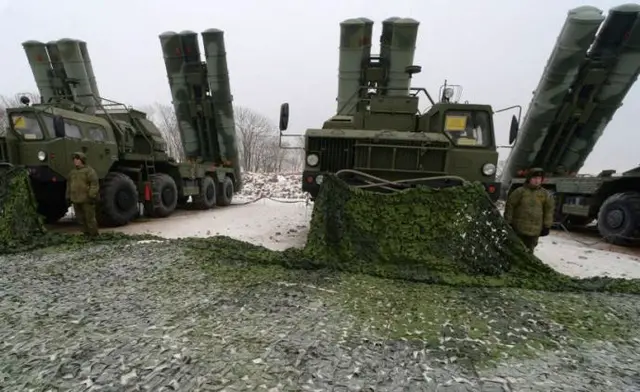Chinese imports of South Korean semiconductors have risen by about 30 percent so far this year, and a boom in the product is expected to generate almost half a trillion dollars globally in 2018.
South Korea is currently the world's largest supplier of semiconductors used in products like computers, smartphones and cars.
But concerns are mounting that semiconductor is one of the country's major export goods which is witnessing growth right now, and the trade dispute between the US and China could put even that in jeopardy.
"More than 90 percent of South Korea's exports to China are semiconductors and parts," said Chuel Cho, director of the South Korea Institute for Industrial Economics and Trade.
"Most of the semiconductors and components are exported to China, where they are used to make other products and the products are then exported to the US," adds Chuel.
South Korean semiconductor manufacturing giants Samsung and SK have seen semiconductor sales soaring this year, SK went up by 56 percent, which should be a cause for celebration.
"The problem is this year if you exclude semiconductors, trade hasn't been as good as we hoped," says Yang Junsok, professor of Economics at the Catholic University of South Korea.
"If we take away the semiconductor trade in exports then South Korean trade actually kept steady around the same level as last year, it fell a little bit, about 0.2 percent," says Yang.
Last year China reportedly imported the equivalent of 260 billion US dollar worth of semiconductors, which was more than its total imports of crude oil.
Therefore, Seoul has been keeping a close eye on the trade tensions between the US and China, South Korea's largest trading partner.
However, a lot of those semiconductors are also placed in products bought by Chinese consumers or exported to non-US destinations like the European Union, Latin America, Africa as well as South Korea.
So there had been concerns, but alarm bells did not ring until US President Donald Trump last month announced an additional 200 billion US dollar worth of tariffs targeting China.
"This will affect the growth rate globally, especially in countries with high trade dependence like South Korea", says Chuel Cho.
South Korea's trade ministry says since the trade row could be "prolonged and spread", it is formulating measures to try to reduce the potential economic impact.
(CGTN)
 简体中文
简体中文

